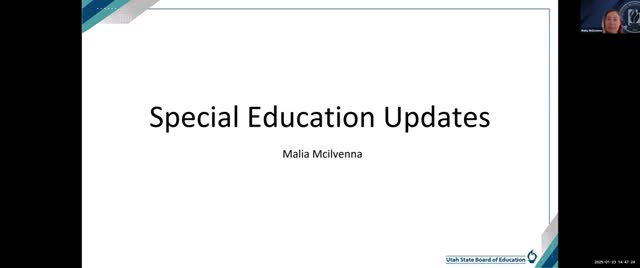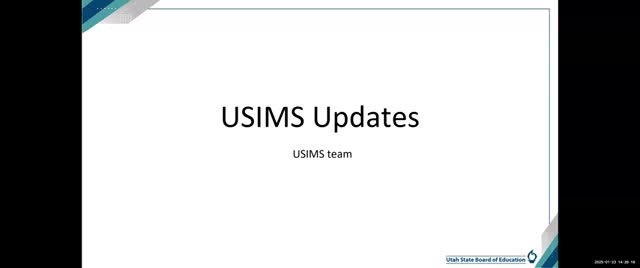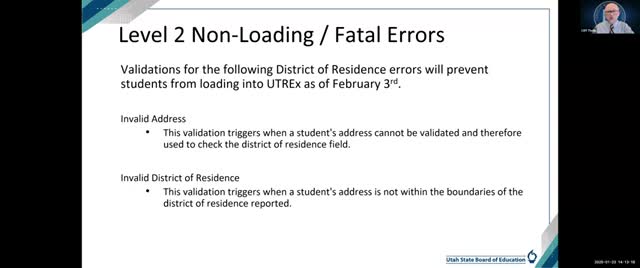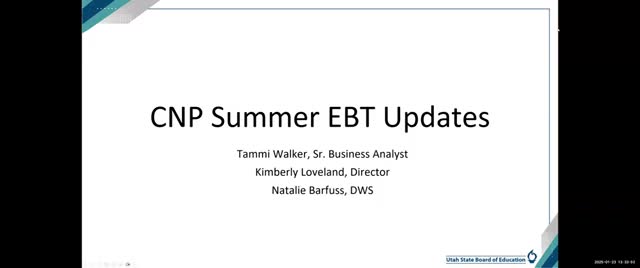Article not found
This article is no longer available. But don't worry—we've gathered other articles that discuss the same topic.

USBE will replace RDA with Annual Performance Determinations; several special‑education metrics revised

USIMS team outlines student achievement "backpack," APIs and SIS vendor engagement

Utah to make address validations fatal in data collector; districts urged to fix invalid addresses

